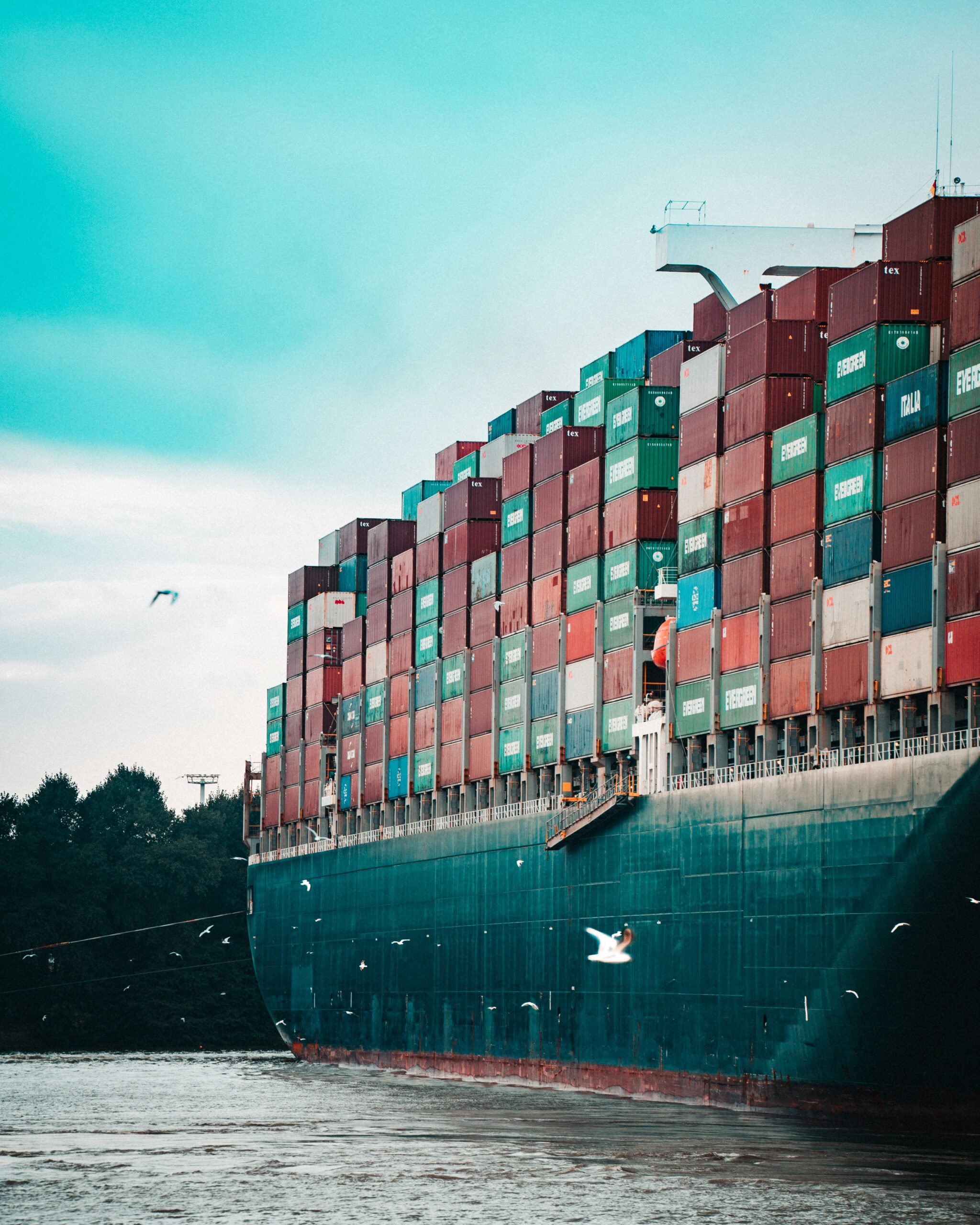Shipping Cargo to UK from Dubai involves navigating a complex web of regulations and procedures. Understanding these regulations is crucial for businesses and individuals alike to ensure smooth and efficient shipping processes. This article delves into the essential aspects of cargo regulations in the broader context of international shipping regulations.
Introduction to Cargo Regulations
Cargo regulations are designed to streamline the shipping process, ensure safety, and maintain the integrity of goods. They cover various aspects, including documentation, packaging, labelling, and customs procedures. Compliance with these regulations is mandatory to avoid delays, fines, and legal issues.
Importance of Compliance
Compliance with cargo regulations is crucial for several reasons:
- Legal Requirements: Non-compliance can result in hefty fines and legal actions.
- Smooth Operations: Proper adherence to regulations ensures timely delivery and avoids delays.
- Safety and Security: Regulations ensure that the goods are transported safely, reducing the risk of damage or loss.
Key Regulations for Shipping from Dubai to the UK
When shipping cargo from Dubai to the UK, there are several key regulations to consider. These include customs regulations, documentation requirements, and specific regulations for certain types of goods.
Customs Regulations
Customs regulations are a critical aspect of international shipping. They involve the assessment and collection of duties, taxes, and the enforcement of restrictions and prohibitions on certain goods.
Customs Declaration
A customs declaration is a document that lists the details of goods being shipped. This includes:
- Description of Goods: Detailed description of the items being shipped.
- Value of Goods: The declared value for customs purposes.
- Origin of Goods: The country where the goods were manufactured or produced.
- Harmonized System (HS) Code: A code that classifies the goods for customs purposes.
Documentation Requirements
Proper documentation is essential for shipping cargo internationally. Key documents include:
- Bill of Lading: A document issued by the carrier to acknowledge receipt of cargo.
- Commercial Invoice: A document that provides details about the sale transaction.
- Packing List: A detailed list of the contents of the shipment.
- Certificate of Origin: A document certifying the origin of the goods.
Specific Regulations for Certain Goods
Certain goods require special permits and compliance with additional regulations. These may include:
- Perishable Goods: Regulations for temperature control and timely delivery.
- Hazardous Materials: Compliance with safety standards for handling and transportation.
- Restricted Items: Goods that are restricted or prohibited by either Dubai or UK authorities.
Understanding Pakistan and UK Cargo Service
The keyword Pakistan and UK Cargo Service highlights the importance of understanding cargo regulations in a broader international context. Shipping between countries like Pakistan and the UK involves similar regulatory frameworks, emphasizing the need for comprehensive knowledge of international shipping laws.
Common Challenges in International Shipping
Shipping cargo internationally involves several challenges, including:
- Navigating Different Regulations: Each country has its own set of regulations that need to be understood and complied with.
- Handling Documentation: Ensuring that all required documents are correctly filled out and submitted.
- Dealing with Customs Delays: Delays at customs can occur due to incorrect documentation or failure to comply with regulations.
- Managing Costs: Shipping costs can be high, and managing these costs requires careful planning and understanding of the regulations that impact them.
Tips for Successful International Shipping
To ensure successful shipping from Dubai to the UK or other international destinations, consider the following tips:
- Understand the Regulations: Familiarize yourself with the regulations of both the origin and destination countries.
- Prepare Documentation: Ensure all required documents are accurately prepared and submitted.
- Use Reliable Services: Choose reputable cargo services that have experience with international shipping.
- Plan for Delays: Factor in potential delays at customs and plan your shipping schedule accordingly.
- Stay Informed: Keep up-to-date with any changes in international shipping regulations.
Conclusion
Understanding cargo regulations is essential for successful shipping from Dubai to the UK. Compliance with these regulations ensures the smooth movement of goods, avoids legal issues, and ensures the safety and integrity of the cargo. By understanding the broader context of international shipping regulations, including those related to Pakistan and UK cargo service, businesses and individuals can navigate the complexities of international shipping more effectively. Proper planning, accurate documentation, and choosing reliable cargo services are key to overcoming the challenges of international shipping and ensuring the efficient delivery of goods.


